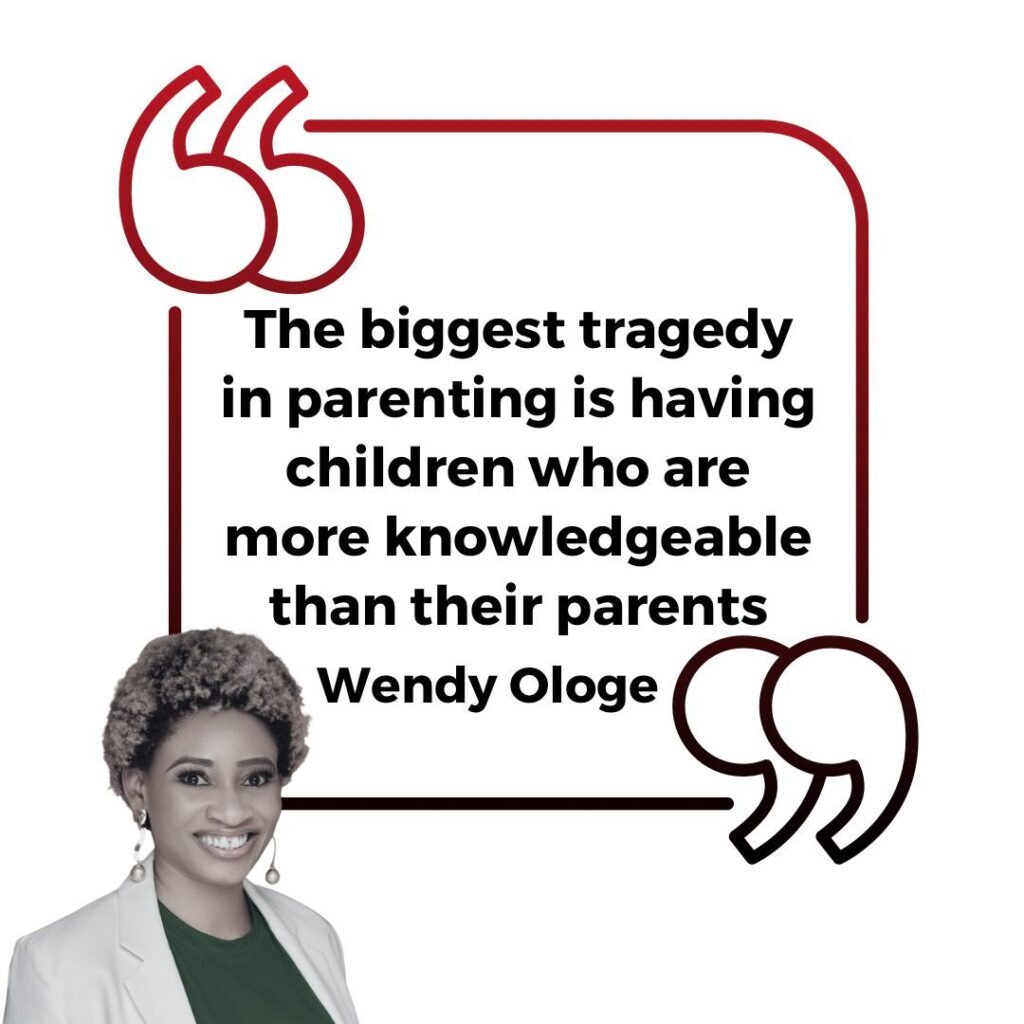
Navigating the ever-changing world of parenting- the latest trends and approaches can be overwhelming– things move fast, and it’s easy to get caught up in the newest craze. While some parenting trends may seem like magic solutions, it’s important to remember that every child is unique and what works for one might not work for another.
In this blog post, we’ll explore 10 parenting trends to approach with caution in 2024, you will get insights to guide you on your parenting journey.
By understanding the potential drawbacks of these trends, you can make informed choices that foster a nurturing and supportive environment for your child to thrive.
1. Helicopter parenting: In helicopter parenting, parents are overly hovering and controlling over their children’s lives. They intervene in every situation, from school to play, and do not allow their children to develop independence and problem-solving skills.

Finding a balance between support and autonomy is very crucial for healthy child development. Helicopter parenting can hinder a child’s self-confidence, resilience, and creativity.
2. Tiger parenting: This is when parents are excessively strict and demanding with their children. They expect them to excel in everything, especially academics, and do not tolerate any mistakes or failures. They often over-schedule their children with activities and pressure them to perform.

Tiger parenting can lead to stress, burnout, and incompetence in children. They may also suffer from low self-esteem, anxiety, and depression.
3. Parenting peer pressure: This involves parents constantly comparing their parenting style and their children’s achievements with others. They feel insecure and inadequate if their children are not doing as well as their peers. They may also discipline their children based on what other people think of them, rather than what is best for them.

Parenting peer pressure can cause parents to lose sight of their own values and goals, and to neglect their children’s individual needs and interests.

4. Overemphasis on early academic achievement: This is when parents focus too much on their children’s academic success at a young age. They may brag about their children finishing school early, or being at the top of their class. They may also push their children to learn advanced skills or subjects that are not appropriate for their developmental stage.
Overemphasis on early academic achievement can hinder overall development in children. They may miss out on other important aspects of childhood, such as play, creativity, and socialization.

5. Parenting on instinct without knowledge: This is when parents rely solely on their own experiences and instincts to parent their children, without seeking any knowledge or guidance from experts or research. They may not understand their children’s personality, temperament, learning styles, or disciplinary needs. They may also not be aware of the latest trends and best practices in parenting.

Parenting on instinct without knowledge can result in ineffective and inconsistent parenting, and poor outcomes for children. Parents may also miss out on opportunities to learn and grow as parents.
6. Discipline as a reaction: This is when parents rely on reactivity as a disciplinary strategy, rather than proactivity. They wait for their children to do something wrong and then punish them, instead of teaching them the right behavior and rewarding them. Discipline as a reaction can cause parents to lose control of their emotions and act aggressively or violently towards their children. It can also damage the relationship between parents and children, and make children fearful, resentful, or rebellious.

Discipline is not a reaction, it’s a response. Discipline is the skills that you build. In my book, Discipline is Not an Emergency, order for it here, you will learn that discipline is the schedules, skills, structures, strategies, systems you build into your life. Discipline is not beating, yelling and so on. Discipline is structure. When you put up the right structures at home, discipline becomes easy. Discipline is built, it’s not a feeling. Flogging is not discipline. Flogging will keep you away from actual discipline. Flogging keeps the child away from natural consequences which makes them not to learn. When a child is dealing with a problem, reacting aggressively will never solve the problem. You should look for a way to help the child instead, because if your child is not helped, you have not disciplined your child. It takes emotional stability to actually discipline a child.

7. Overuse of technology: This is when parents use screen time as a nanny or a reward for their children, without setting any limits or boundaries. They may also neglect their own screen time habits and how they affect their children. Overuse of technology can have negative impacts on children’s physical, mental, and social development. It can also expose them to harmful or inappropriate content, cyberbullying, or addiction.
There is war on children. Are you even aware of the programming going on in the media? The skills your children need to thrive in the world are not learned on the screen. The brain doesn’t learn on screen because it is a meaning making machine. Do away with exposing their young brains to the screen.

8. Parental burnout: This is when parents ignore their own well-being, constantly prioritizing the needs of the child. They may feel overwhelmed, exhausted, and resentful. They may also lose their sense of identity, purpose, and joy. Parental burnout can affect the quality of parenting and the health of the family. It can also increase the risk of depression, anxiety, and stress-related illnesses.
It’s very crucial for parents to prioritize their well-being. The concept of essentialism is very critical for parents to master. Prevent burnout by working out, eating healthy, reading, and doing whatever you can to catch your breath. Our parents had a problem with parental burnout, which led them to believe that their children owe them their lives, because of course they sacrificed their lives for the well-being of their children. Parenting intentionally is key but living a life of legacy is also very key because you as a human being have your own contribution to make to the world.

9. Ignoring your mental health: This is when parents ignore the emotional well-being of both themselves and their child. They may not seek professional help when needed, or they may stigmatize or deny mental health issues. They may also not teach their children how to cope with their emotions, or how to seek support when they are struggling. Ignoring your mental health can have serious consequences for your happiness, productivity, and relationships. It can also affect your child’s mental health and development.
Learn how to manage your emotional health, or you will go into depression, especially in these times. Teach your child how to express, regulate, and understand their emotions. Be aware of the signs and symptoms of mental health problems, and seek help when necessary. Do not be ashamed or afraid to talk about your mental health, or your child’s mental health. It is not a weakness, but a strength.

10. Parental Oversharing: Sharing your child’s personal information or vulnerable moments online can have lasting consequences. Respect their privacy, and obtain their consent before sharing anything online. Remember, balanced and informed parenting is key to raising happy, healthy, and well-adjusted children. Don’t be afraid to adapt your approach as your child grows and their needs evolve.

“Passing exams does not really mean your child is learning.”
It’s possible To Just cram, and pass exams!
Unfortunately, many parents are only interested in their child passing exams without learning.
This is why a parent can pay anything to school so their child can pass exams..
What if I told you that this is exactly why most people never read any other thing after leaving school.
This is why we opened up the understanding your child’s learning style course so you can help your child learn.
Register for the Learning Style Course here:
https://theintentionalparentacademy.selar.co/Learningstylecourse2024
or pay #10,500 to 0509494057 (GTB). The Intentional Parent Academy. Send proof to 09036633600.
Offer valid till March 15th, 2024

